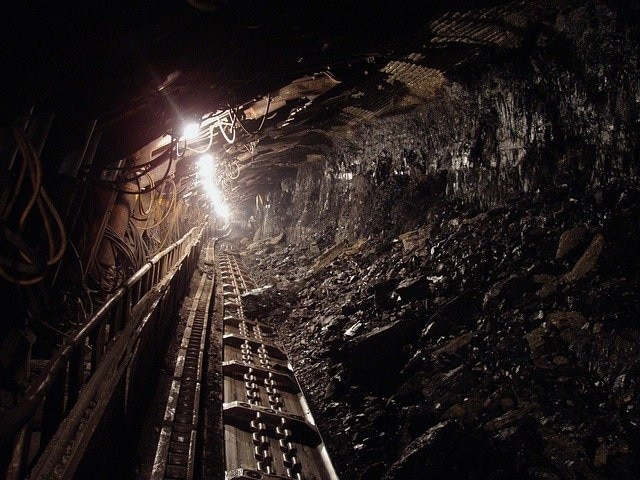I’m expanding my popular How to invest in land guide with a series of short articles. Let’s explore some curious questions about investing in land which I couldn’t squeeze into the original article!
Question 2: Do landowners own the ground below their land? If so, how deep?
When metal detector enthusiasts discover a trove of treasure, more than one party will see the benefit. All land is owned by someone, and treasure is usually split 50:50 between the discoverer and the landowner.
The land may have more gifts than a few roman coins. Deeper into the earth, a deposit of coal, or even an oil reserve could sit beneath your feet. As a landowner – does this resource belong to you?

Answer: If it’s under your land, it’s yours. That is, unless it’s coal, oil, gas or certain precious metals.
- The Coal Authority, a government body, claims all coal deposits on UK land. [s9 of the Coal Industry Act 1994]
- The Crown claims any oil & gas deposits. [Petroleum (Production) Act 1934]
- The Crown is also entitled to all gold and silver found in gold and silver mines on or beneath anyone’s property.
Do you own the coal beneath your property?
Coal was once a key strategic resource for the UK. In the 1700s and 1800s, coal reserves provided the power which turned the industrial revolution.
It’s not surprising that the British Government held a tight grip over what was known as ‘black gold’. In the modern day, this control is exerted by the Coal Authority – a public body funded by the Department for Business, Energy and Industrial Strategy.
The fact that the government owns your coal does not mean that a discovery is worthless. The Coal Authority may permit mining by issuing the landlord with a license. The cost of this varies, but in the right circumstances, a coal mine could be economically viable.
In such cases, this commercial opportunity will increase the value of land – even if you don’t technically ‘own’ the coal itself.
Do you own the oil and gas reserves on your property?
The government officially claims ownership of any oil or natural gas reserves under UK land. Access to these reserves are then managed by the government-owned Oil and Gas Authority (OGA)
The OGA doesn’t hoard the valuable asset after discovery. Its corporate objective is ‘maximising the economic recovery‘ of oil and gas.
Practically speaking, that involves encouraging extraction and allowing the energy industry to bid for exclusive licenses to drill.
A landowner would not see any of the money raised from the sale of such licenses – this would go to the Crown. However, landowners may charge the drilling company for the ‘right to access’ the land.
In other words, they may reach an agreement to ‘rent’ the surrounding property to the drilling company. The best land investment books will provide tips when negotiating royalties and licenses regarding access to your land.
Do you own the gold and silver found on your land?
All gold and silver deposits in the UK are assumed to be owned by The Crown.
This means that if you were to extract some gold privately, you are in breach of the law. You would be stealing from The Crown.
The Crown Estate Mineral Agent gives temporary and exclusive mining rights which allows a miner to dig within a specific boundary.
Just like oil and gas, these rights do not include the right to access the land. Therefore miners must strike a deal with the relevant landowner to lease their land.
Can you borrow money against the value of deposits under your land?
As the best mortgage books will point out, traditional lenders will not mortgage provide a mortgage against a parcel of land. These loans are reserved for residential properties.
To raise finance against unusual land with mineral or oil deposits, you may need to seek highly specialised financing.
Other questions:
Do you own the land above your property?
Which are the UK’s largest landowners
If you’re also interested in investing in property, visit our How to invest in property guide.